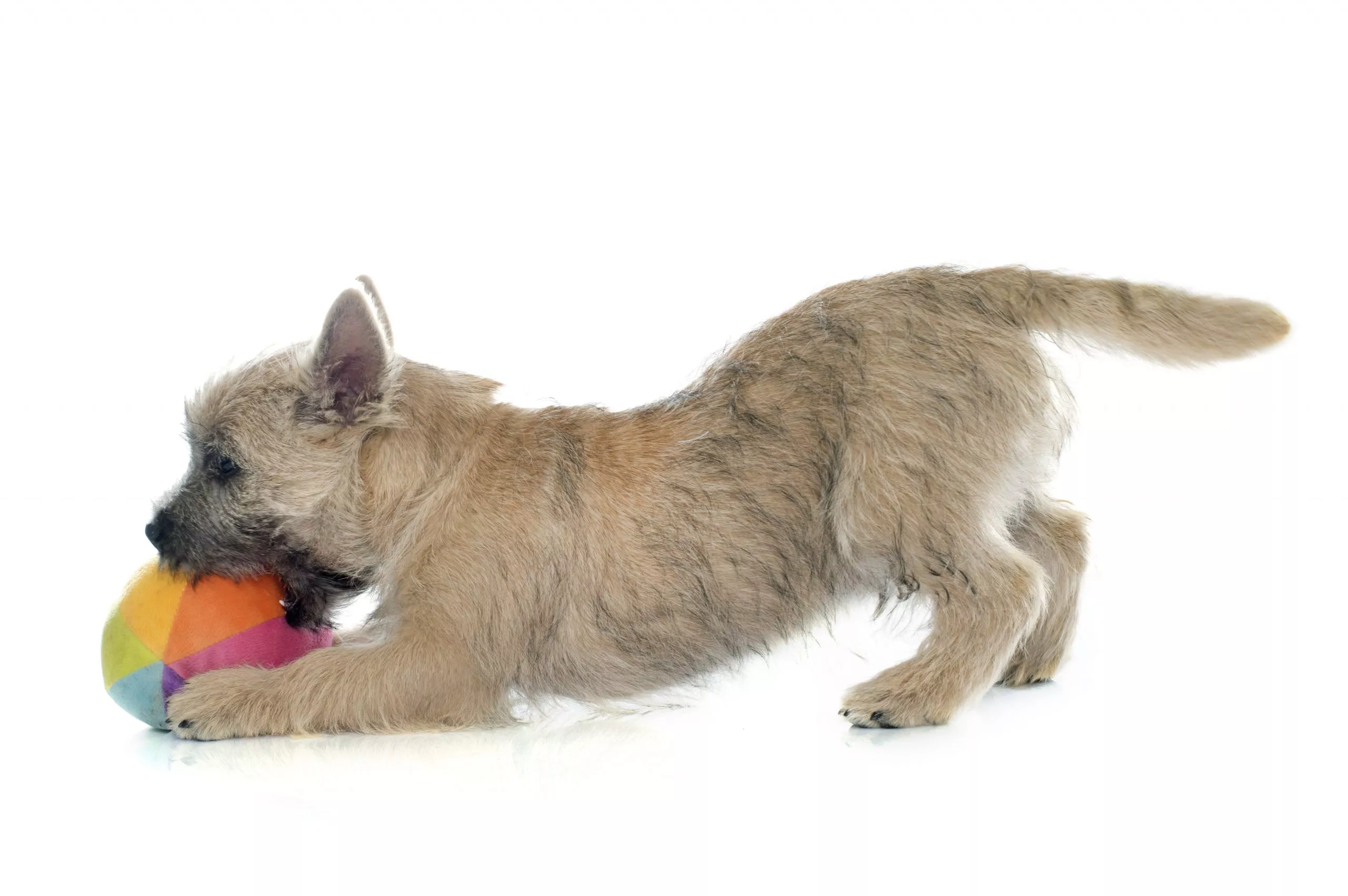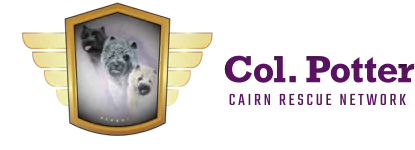Foster FAQ
Please read our Frequently Asked Questions on fostering a dog through our organization.

Fostering Frequently Asked Questions
The Foster will be kept in the house or in a suitable kennel facility on the grounds of the foster home. CPCRN is ultimately responsible (and liable) for the foster and all final decisions will rest with CPCRN authorized representatives and the CPCRN Board of Directors. The foster must be turned over immediately to a CPCRN officer, rescue co-chairman or approved CPCRN representative upon request should the need arise.
All veterinary care must be preapproved by a CPCRN representative. Upon intake and placing the dog in your home, you will be given instructions on needed care, testing, etc. All foster dogs are fully vetted, including vaccinations, dentals, spay or neuter and any other medical issues that may arise before they are eligible for adoption. Foster homes will have the authority to use their own veterinarian for the above-stated treatments. The foster home is responsible for notifying their vet that the Cairn being brought in for treatment is a rescue dog, and you are asked to request favorable rescue rates. Documentation will be provided to you by CPCRN on the tax-exempt non-profit status of CPCRN. This corporate information is also available on our web site at CairnRescue.com. Complete written estimates are required by the vet on any procedure not covered above. When a foster is taken to a veterinary clinic for treatment, you will be asked to provide date, time, and phone number of the veterinary clinic so that a representative (mentor or Foster Home Director) can call in and make arrangements for payment, paying with our CPCRN credit card. If a foster home pays for the care, reimbursement is done by forwarding the reimbursement form and veterinary statement to the Foster Home Director, with the instructions on the reimbursement form.
The foster will be exercised appropriately. This includes no off-lead time in an area that is not totally secure or fenced. The only time the foster is to be off lead is in a secure fenced yard with the foster parent present. It is recommended that even in a fenced yard the foster should be kept on a leash until the foster home has had time to properly evaluate the foster’s temperament, socialization and prior training.
A nationally recognized dry dog food will be provided by the foster family. Food purchases will be reimbursed by CPCRN upon submission of receipts. Top-end priced dog food, food that can only be purchased regionally, food that can only be purchased over the Internet or by special order, raw food diets or foods consisting of human cooked foods CANNOT be fed to rescue dogs. A nationally recognized and available moist food can be added to the diet and will also be paid for, as will vitamins and other needed and approved supplements.
The foster home is required to communicate with CPCRN. Updates will be given at least biweekly, more often, if necessary, on the progress of the foster dog. You will be required to fill out online forms while the foster dog is with you. The foster home will take several photographs of the foster so that these photographs can be placed on CPCRN’s web site.
The foster dog is to be adopted to its permanent home only under the supervision of CPCRN to a family pre-approved by CPCRN. Once the foster is deemed available for adoption, you will be asked to talk to a potential adoptive home on the phone to discuss the foster dog with the adoptive home. After the discussion, you will supply the Director of Matchmakers your approval or concerns about this home. Adoptive families are to be accorded respect and privacy as is the foster home. All correspondence with potential adoptive homes will be copied to the matchmaker working with you and the adoptive home. A foster home can NEVER promise a potential adoptive home their foster dog. Absolute honesty is of great importance in your reports on your foster dog and with potential new owners.
Any questions or problems are to be directed to either your mentor or Director of Foster Homes. If there is a need to remove the foster from the foster home, the foster is to be given directly to a rescue representative, CPCRN board member or a person authorized by CPCRN. The rescue recognizes that occasionally there will be the need to re-home a foster to another foster home due to vacation or for other personal reasons.
The foster home will be responsible for obtaining any necessary paper work that is required in order to place a foster dog in their forever home. The foster home is responsible for forwarding any and all fees/donations collected by CPCRN as instructed. Fees involved may include, without limitation, surrender fees, adoption fees, transportation fees, supplies and equipment, health certificate fees or related. Paperwork may include, without limitation, owner release form, shelter release forms, adoption contract, vet report and/or vet bills or any other approved bills.
All rescue dogs will be spayed/neutered (if they have not been spayed or neutered when you receive them) prior to being placed in an adoptive home. If for some reason they cannot be altered at the time of placement (age, health, previous spay not determined by season) this must be approved by CPCRN. The adoption contract should state a given time frame in which spay/neutering must be accomplished and a deposit of approximately $200.00 made. The $200.00 will be refunded upon proof from a vet that the animal has been spayed/neutered. CPCRN will determine the deposit amount that is required. This could differ from the amount specified above.
The foster home accepts responsibility for any events that occur in connection with the fostering of a CPCRN foster. None of CPCRN, its officers or directors shall be responsible for injuries to the foster family and pets or any other individual or for the loss or damage of property. CPCRN strongly recommends that the foster be kept in an area separate from the foster family’s own animals until the temperament/training can be evaluated and the health of the foster is determined. CPCRN strongly recommends that the animal be kept leashed when potential adoptive families come to adopt the foster.
